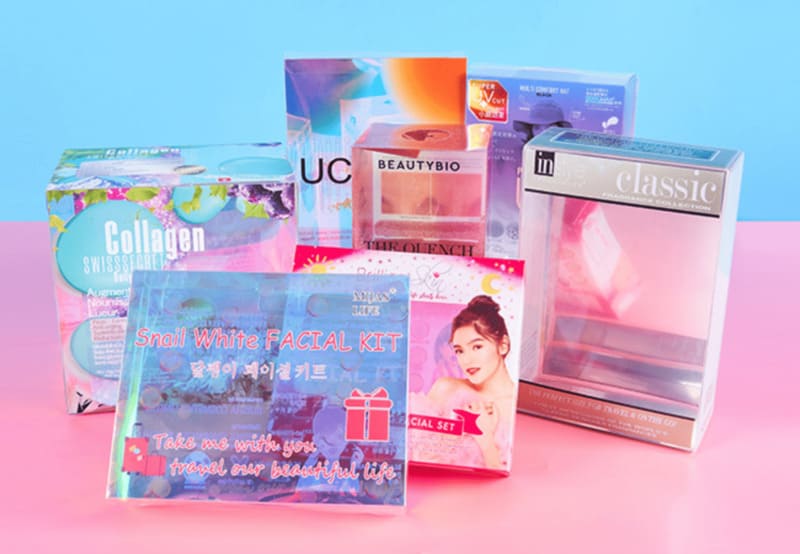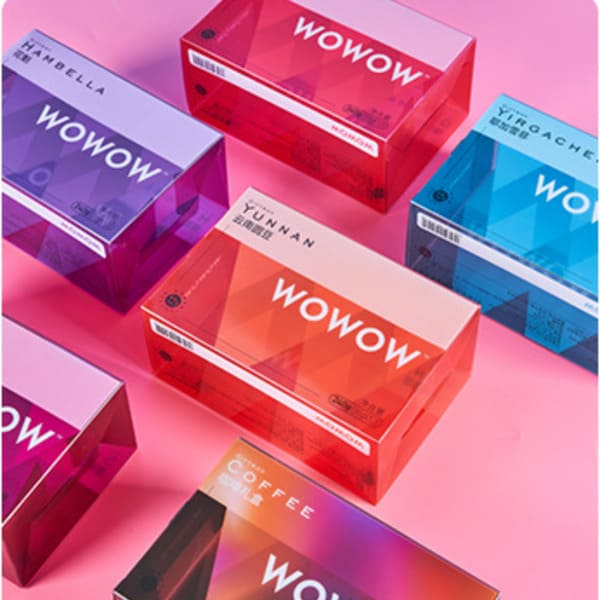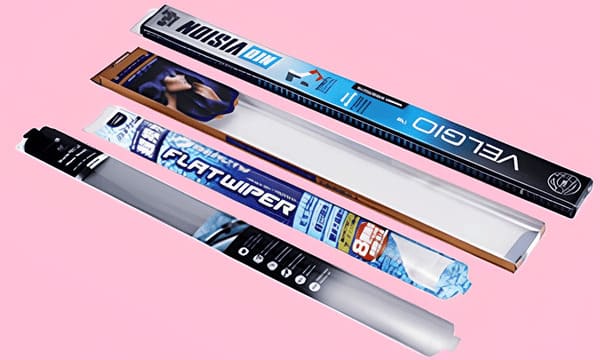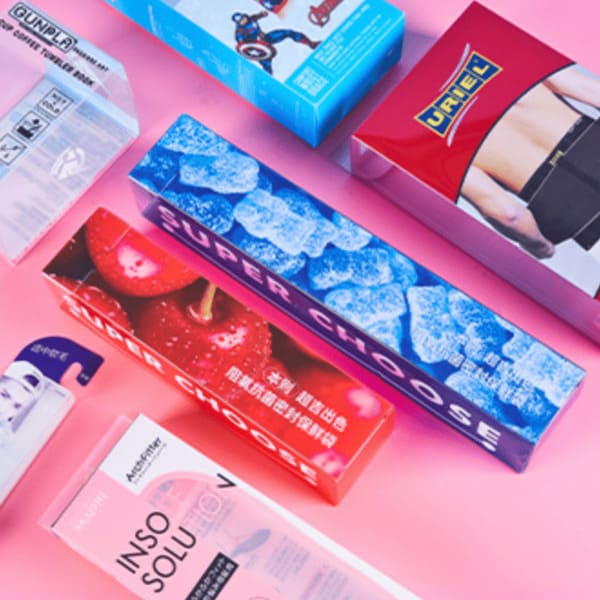Clamshell packaging—a hinged, two-piece plastic container that “snaps shut”—is widely recognized for its protective and tamper-resistant qualities. But what does it look like in practice? From everyday consumer goods to specialized industrial applications, here are real-world examples of clamshell packaging and how modern innovations are transforming its sustainability and functionality.
What Products Use Clamshell Packaging?
1. Retail Electronics


Clamshells are a staple for small electronics due to their clear visibility and secure design. Common examples include:
- USB Drives and Headphones: Transparent PET clamshells display the product while protecting it from dust and physical damage.
- Batteries and Chargers: Tamper-evident designs prevent theft and ensure product integrity.
🔹 Innovation: Brands like VisiPak offer over 200 stock clamshell sizes with same-day shipping, ideal for standardized electronics.
2. Food Packaging


Clamshells are widely used in the food industry for freshness and convenience:
- Pre-Cut Fruits and Salads: Recycled PET (rPET) clamshells with vented designs extend shelf life.
- Bakery Items: Compostable PLA clamshells for muffins or cookies align with eco-conscious consumer demand.
🔹 Example: Chinese manufacturers produce PVC-free clamshells for seafood and snacks, meeting strict food safety standards.
3. Pharmaceuticals and Medical Devices


Single-dose medications and sterile tools often use clamshells for tamper resistance and hygiene:
- Syringes and Inhalers: Custom-designed clamshells with ultrasonic seals ensure sterility.
- OTC Medications: Child-resistant clamshells comply with PPPA (Poison Prevention Packaging Act) requirements.
🔹 Sustainability Shift: Bio-based PLA clamshells are replacing PVC in medical packaging to meet EU restrictions.
4. Consumer Retail Goods


Clamshells enhance shelf appeal and security for everyday products:
- Cosmetics: Tri-fold clamshells with custom graphics display lipsticks or skincare products attractively.
- Toys and Tools: Heavy-duty PVC clamshells protect items like fishing lures or hardware from shoplifting.
🔹 Customization: Semi-custom designs allow brands to modify existing molds for cost efficiency.
5. Industrial and Specialty Applications
Clamshells adapt to niche markets with specialized requirements:
- Electronics Components: Anti-static PET trays shield sensitive circuit boards during transit.
- Automotive Parts: Durable polypropylene clamshells organize screws and small components in repair kits.
How Is Clamshell Packaging Improving Sustainability?
Traditional clamshells face criticism for low recyclability due to mixed materials (e.g., plastic + paper inserts) and contamination risks. However, innovations are addressing these issues:
- Mono-Material rPET: Fully recyclable clamshells made from post-consumer plastic.
- Closed-Loop Programs: Partnerships with recyclers like TerraCycle reclaim used clamshells for repurposing.
- Compostable Alternatives: Mushroom-based mycelium trays paired with PLA films.
Blistera’s Eco-Friendly Clamshell Solutions
At Blistera, we reimagine clamshell packaging with:
✅ GreenClams: Made from 80% recycled PET, compatible with standard recycling streams. ✅ SmartLock Design: Combines tamper evidence with easy-open tabs to reduce frustration and waste. ✅ Modular Sizing: Adjustable molds minimize material use for small-batch production.
Future Trends in Clamshell Packaging
- Digital Watermarking: QR codes on clamshells guide consumers to recycling instructions.
- Reusable Models: Hinged clamshells for cosmetics refills or tech accessories.
From everyday retail to life-saving medical devices, clamshell packaging remains a versatile solution. By embracing sustainable materials and smart design, brands can turn this classic format into a circular economy asset.
📢 Explore Blistera’s Clamshell Innovations → Visit Our Product Hub
